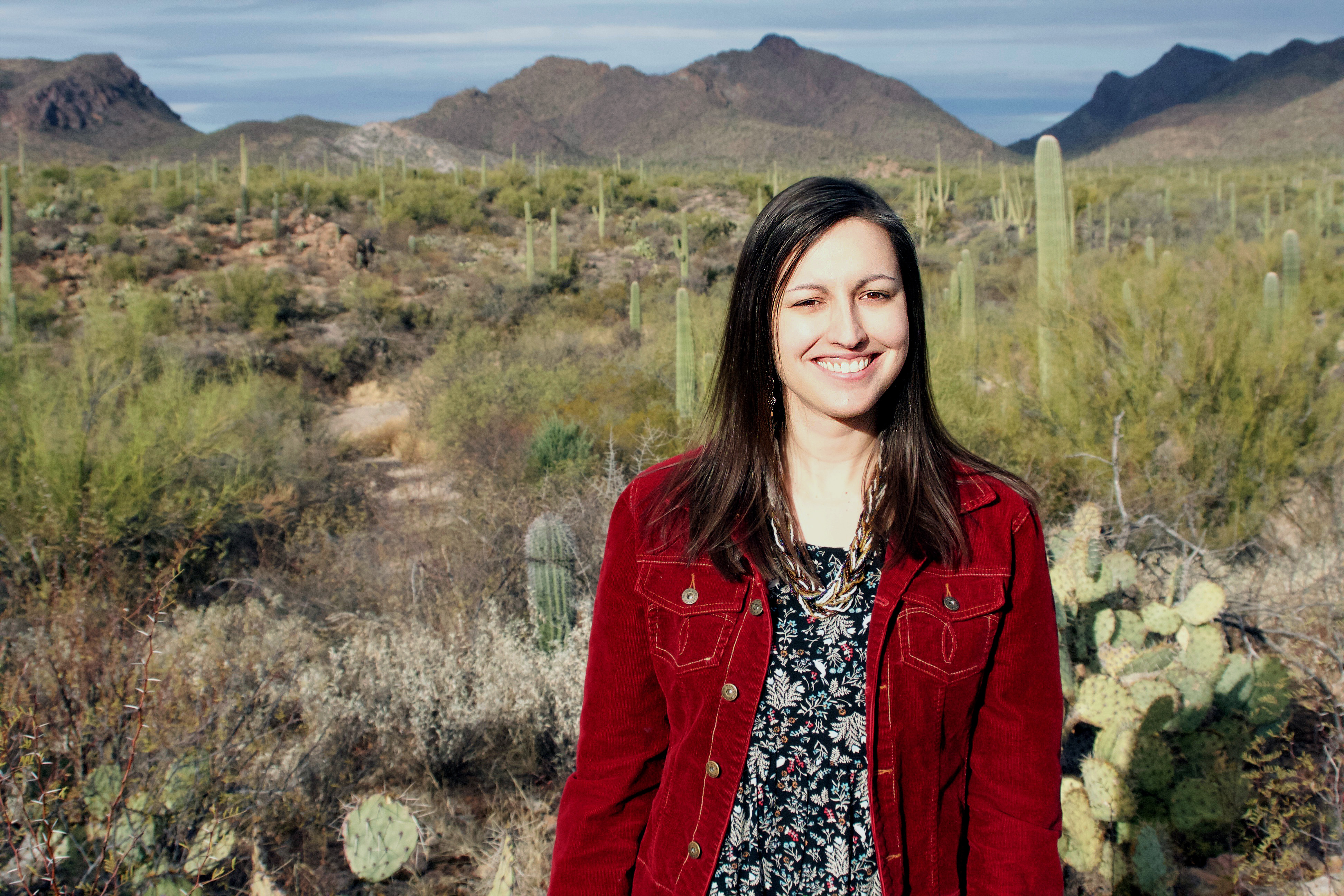Meditation for Polly
We rehearse Grundman’s “The Old Peat Fire Flame”
in municipal band, and though the lilt of piccolos
sounds calculated to make me think of a pleasant flicker
within a stove, instead I think about a peat fire burning
in North Carolina, forty thousand acres smoldering
on the coast, the ground itself on fire, flames
spreading below the grass the way a high, pink band
of sky at sunset will smear and shrink, shifting
every moment. Because I have never seen peat,
have only read about the way the fire will sink
beneath the surface, unreachable even just a few feet
into the ground, I imagine another blaze I know:
the mine fire at Centralia, impossible to extinguish,
burning for fifty years. Someone has studied
the humpback anglerfish drifting in total darkness
a mile deep in the ocean; the Voyager probes
glimmer back at us from the tattered edges
of the solar system, but we can’t halt the spread
of flames underneath our feet, can’t bridge that little
distance. When I read, in a local history, “Before
they could be married, Polly’s skirts caught fire
while she made apple butter, and she burned
to death,” I find a gap I cannot cross. I refuse
to think of her body burning. Such a little
sentence to bear so much weight, weight like
Polly’s skirts or the heavy-handled spoon she grasped
as the smell of apples perfumed the air. Absence
takes her place in the story, like empty streets
in Centralia or a smear of smoke above burning peat,
ash taste caught on my tongue.
What I Find at Greenwood Furnace State Park
The sky condenses, drops
to earth like falling cinder, and I listen
to the hollowness of the empty house,
the outbuildings hunched against
the rain. Behind me: the furnace
like a chapel in the woods. When
it blew out for the last time, when wagons
threaded out of the valley full
of the need for pay, the stack
hunkered into stillness, settling
until the CCC arrived to transform
abandonment into work, to make
a monument from decay. They stripped
away the lining, strengthened
the arches so I can walk inside, today,
circle the holy place at the center, look
to heaven through the open mouth.
I want to worship the past here, to receive
a vision of a life gone by. I want the sky
livid with income, with a burning
so constant I could read by it at midnight.
Instead of ash, rain weights my hair
and I sprint across the water-slick road,
duck into the stone church to find
laser-printed wedding programs, plastic
flowers, and the fullness of a reed organ
leading living voices in a hymn.
Resistance
If we waded into Elk Creek
silver-blue water struck through with light
and threw ourselves into the channel deep with current
because we ached for coolness and motion
to feel something outside ourselves pull us along
and to resist that pull
and settle ourselves onto boulders breaching the creek—
and if we crept out struggling
churning up leaf-mold muck to quiver on the shore
to feel the tug in the wind-fussed air
and stand, braced against it, hands shading eyes that reach
towards light coming back from the jut of ridgeline above—
did we fail in empathy?
We struggle against each moment, our will-fed
bodies resisting sky and water
when we could be buffeted
carried along by the force moving in the day.
